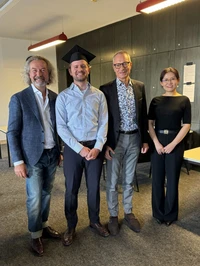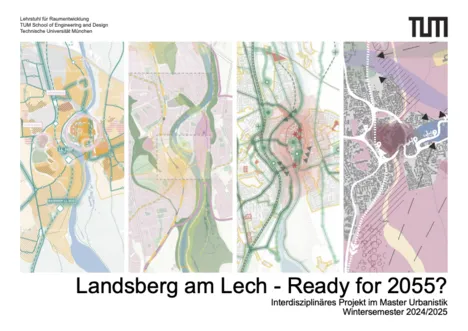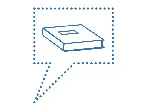Academic discussions have frequently examined the interrelation between regional employment growth and firm locations. Two growth patterns emerge: employment growth induced through new firm locations or vice versa, where firms locate in areas experiencing employment supply growth. The specific causal relationship responsible for regional employment growth in Germany remains uncertain. In the German context, however, more research is needed to identify contributors to employment growth, as most existing studies rely on highly aggregated data or focus on specific case studies. This paper aims to approach this subject by using a uniquely matched dataset of firm locations and the individual employment of 480 multi-locational firms in the knowledge economy and comparing it to total employment in Germany. We assume that a change in knowledge-intensive firms’ employment may affect regional employment growth. The study uses longitudinal historical employment data at the functional urban area (FUA) level from 1999 to 2019, aggregated to knowledge-intensive high-tech and advanced producer services (APS) sectors. The analysis employs aggregated and individual Granger causality tests, evaluating the relationship between employment in knowledge-intensive sectors and overall employment change. Results are spatialised using GIS to provide evidence of where the Granger causalities occur at the FUA level in Germany. Findings indicate that, in general, knowledge-intensive employment growth Granger causes total employment growth in a few economically more active FUAs. In contrast, for a greater number of FUAs, total employment Granger causes knowledge-intensive employment.
This publication can be accessed here


